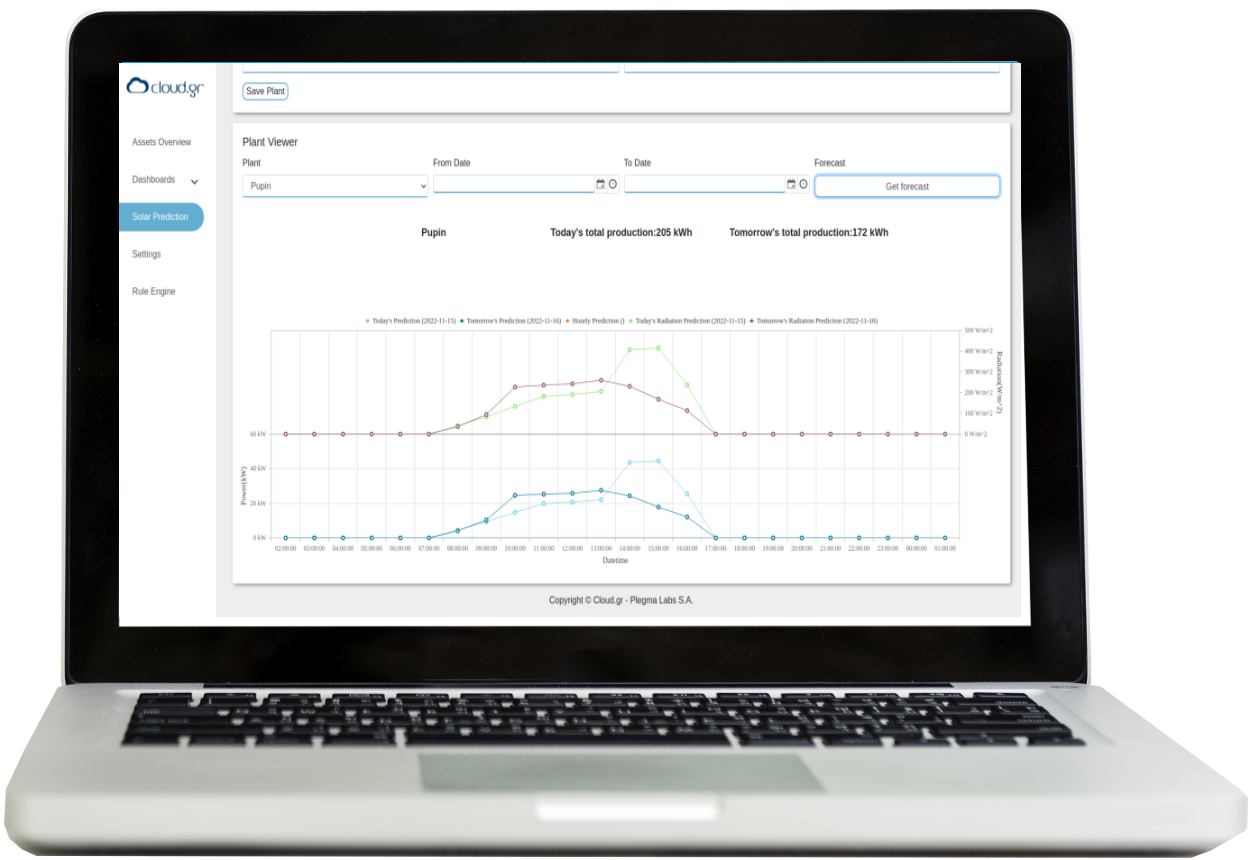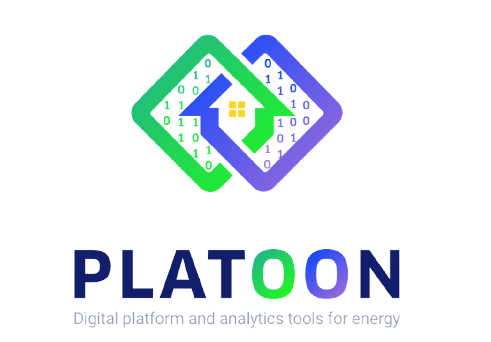e-PIOTIS project
energy oPtimization of building IOT Infrastructures in a Stratified way
e-PIOTIS is a bottom-up project that receives funding from the "PLATOON 2nd Open Call, which is an EU-funded H2020 project that aims to digitalise the energy sector, enabling thus higher levels of operational excellence with the adoption of disrupting technologies. e-PIOTIS delivers a holistic approach for an Artificial Intelligence (AI) enabled Energy Management System (EMS) for building and district level energy management, while at the same time it aims at maximizing the available Renewable Energy Sources (RES) utilization. PLEGMA LABS utilizes its expertize in Internet of Things (IoT), data analytics and its applications to implement this project.
Through the project, the goal is to enrich and demonstrate the e-PIOTIS solution approach in both residential and commercial use cases and test the ability to scale and generalize the already developed models and tools in a smart and collective manner. The solution is expected to deliver a novel system to assist cross-sector faculty towards enhanced data-driven decision making and actions such as consumption optimization and maximization of RES penetration, ultimately leading to energy efficiency and lower carbon emissions.


